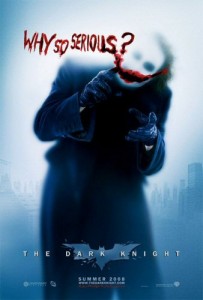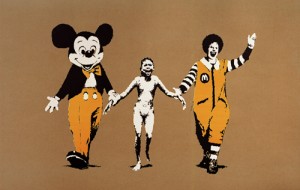What is rhetoric? In most current circles, it is seen as a tool used for trickery and deceit; it is what people use to get what they want in a negative sense. In Chapter 10 of Ancient Rhetorics, rhetoric is defined by Aristotle “as the power of finding the available arguments suited to a given situation.” In his time, it was used to “make decisions, resolve disputes, and to mediate public discussion of important issues.” The Digital Writer defines it in multiple ways, one such being that “rhetoric, quite simply, is how we use language to communicate – to persuade, to inform, to narrate, to remember, or to do any number of things we use language to do.”
When I first thought about rhetoric, my definition would be any sort of persuasive or informative speech used to communicate a want or need. Even though I am unsure of if this in within the same vein of logic, the concept of rhetorical questions also came to mind, questions that people ask but do not expect an answer to.
https://www.youtube.com/watch?v=t6f3HOejCzw
Take the above commercial as an example of my definition. It shows a lot of happy children and families doing activities together and eating vegetables. This is trying to convince people to buy Hidden Valley Ranch so that they can also experience the joy, but it is also trying to convince any children that may be watching the commercial to eat vegetables, which isn’t a thing kids are too fond of doing normally (unless that kid was me, I love vegetables; I was odd).

The Joker’s speech in The Dark Knight is a perfect example of the concept of rhetorical questioning. When he is explaining the history about how he got the scars on his face, he tells a story about how his drunken father was saying “Why so serious?” to him as a child right before attacking him with a kitchen knife. His father wasn’t looking for an answer to the question, he was just crazed and only asked the Joker that because he just watched his father kill his mother. When someone ask a rhetorical question, they are normally doing this to place emphasis on the situation they are going through at the time. It can be used to express emotion or to point out a fact.
A very powerful example of Aristotle’s definition of rhetoric is Dr. Martin Luther King, Jr.’s I Have A Dream speech during the March on Washington. This speech came from a leader of the Civil Rights movement, back when racism and segregation was at the forefront of how the country was run. His words were strong and uplifting, reaching out to the hearts and minds of all who heard it, even people in our current generation. He spoke of a better world for all people, not just any one race. His argument was one of peace and unity, one that helped move the nation forward towards where we are today.

Rhetoric can be conveyed even in textless pictures. On the right, we have a picture of the mascots of two very large, well known companies targeted at entertaining and/or feeding children and also making children happy; however, the child we see in the image doesn’t look quite happy at all. As a matter of fact, he or she looks distraught and malnourished. To me, this is conveying the message that not all is fun and smiles with Disney and McDonald’s. There is multiple interpretations of this picture, each a different rhetorical message.
Looking around, rhetoric is in almost everything. It can change the minds of an individual to buy a product or change the minds of the world to unite for a common cause. It is a tool, but it is not inherently evil; only those with the intent to do bad create negative rhetoric. Rhetoric is powerful and it should be treated as such; the abuse of rhetoric for personal gain can turn friend against friend and family against family. It is up to us to understand that power and learn to use it constructively.
One comment on “The Word on Rhetoric”